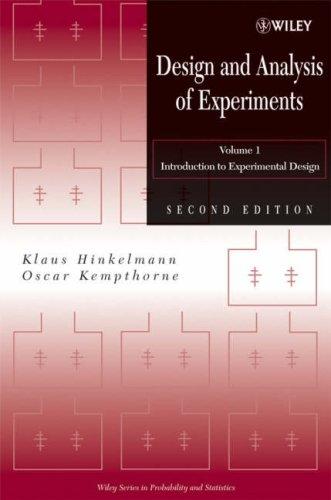Please solve step by step
9) Water flowing through a cylindrical pipe suddenly comes to a section of pipe where the diameter decreases to 86% of its previous value. If the speed of the water in the larger section of the pipe was 32m/s, what is its speed in this smaller section if the water behaves like an ideal incompressible fluid? A) 43 m/s B) 37 m/s C) 28 m/s D) 24 m/s 10) Water, which we can treat as ideal and incompressible, flows at 12 m/s in a horizontal pipe with a pressure of 3.0 x 104 Pa. If the pipe widens to twice its original radius, what is the pressure in the wider section? A) 3.0 x 104 Pa B) 4.9 x 104 Pa C) 7.4 x 104 Pa D) 9.8 X 104 Pa 11) Oxygen condenses into a liquid at approximately 90 K. What temperature is this in degrees Fahrenheit? A) -193OF B) -217OF C) -265F D) -297.F 12) A car starts out when the air temperature is 288 K and the absolute (total) air pressure in the tires is 500 kPa. After driving a while, the temperature of the air in the tires increases to 298 K. What is the pressure in the tires at that point, assuming their volume does not change? A) 129 kPa B) 483 kPa C) 507 kPa D) 517 kPa E) 532 kPa 13) An ideal gas occupies 6.00 x 102 cm3 at 20 C. At what temperature will it occupy 1.20 x 103 cm3 if the pressure is held constant? A) 10 C B) 40 C C) 100 C D) 313.C 14) The process in which heat flows by the mass movement of molecules from one place to another is known as A) conduction. B) convection C) radiation. 15) How much heat is required to raise the temperature of a 225-g lead ball from 15.0 C to 25.0 C? The specific heat of lead is 128 J/kg . K. A) 725 J B) 576 J C) 145 J D) 217 J E) 288 J 16) An aluminum electric tea kettle with a mass of 500 g is heated with a 500-W heating coil. How long will it take to heat up 1.0 kg of water from 18 C to 98 C in the tea kettle? The specific heat of aluminum is 900 J/kg . K and that of water is 4186 J/kg . K. A) 5.0 minutes B) 7.0 minutes C) 12 minutes D) 15 minutes E) 18 minutes 17) A 2294-kg sample of water at 0 C is cooled to -36 C and freezes in the process. How much heat is liberated? For water LF = 334,000 J/kg and Ly = 2.256 x 10 J/kg. The specific heat of ice is 2050 J/kg . K. A) 935,000 KJ B) 597,000 KJ C) 1,110,000 kJ D) 334,000 KJ 18) A camper is about to drink his morning coffee. He pours 400 grams of coffee, initially at 75 C into a 250-g aluminum cup, initially at 16 C. What is the equilibrium temperature of the coffee-cup system, assuming no heat is lost to the surroundings? The specific heat of aluminum is 900 J/kg . K, the specific heat of coffee is that of water, which is 4186 J/kg . K. A) 45.C B) 62 C C) 65.C D) 68.C E) 71 .C 19) The absolute temperature of an ideal gas is directly proportional to which of the following quantities? A) the average speed of its molecules B) the average momentum of its molecules C) the average kinetic energy of its molecules D) the mass of its molecules







